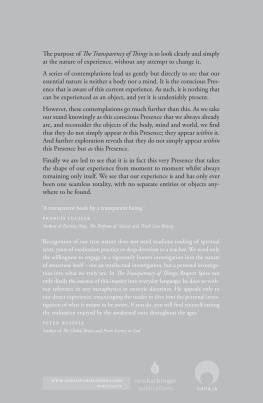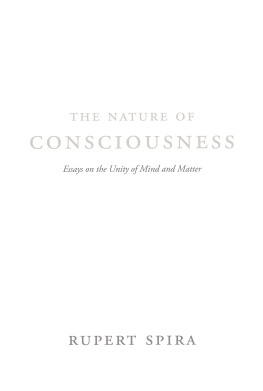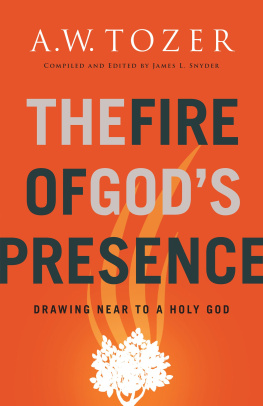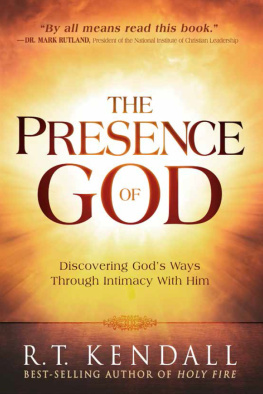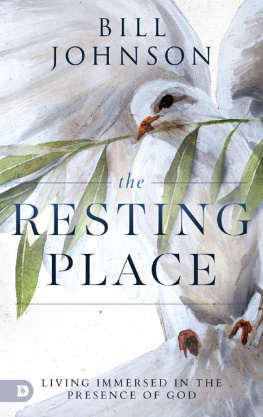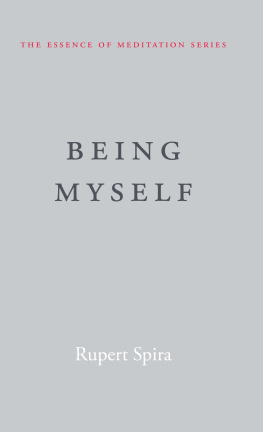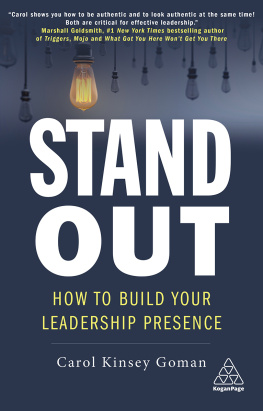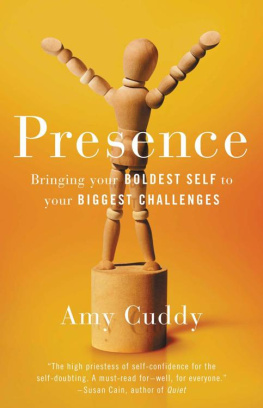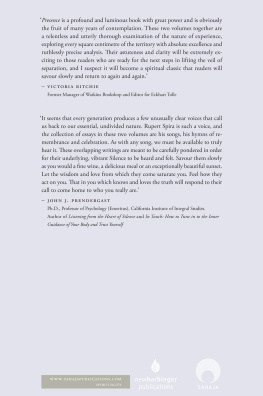
From an early age Rupert Spira was deeply interested in the nature of reality. At the age of seventeen he learnt to meditate, and began a twenty-year period of study and practice in the classical Advaita Vedanta tradition under the guidance of Dr. Francis Roles and Shantananda Saraswati, the Shankaracharya of the north of India.
During this time he immersed himself in the teachings of P.D. Ouspensky, Krishnamurti, Rumi, Ramana Maharshi, Nisargadatta and Robert Adams, until he met his teacher, Francis Lucille, in 1997. Francis introduced Rupert to the Direct Path teachings of Atmananda Krishna Menon, the Tantric tradition of Kashmir Shaivism (which he had received from his teacher, Jean Klein), and, more importantly, directly indicated to him the true nature of experience. Rupert lives in the UK and holds regular meetings and retreats in Europe and the USA.
Consciousness is naturally one with all things. It is one with the totality of experience. However, at times, Consciousness contracts itself, shrinks itself into a body, and this self-contraction requires constant maintenance. Left without maintenance, the self-contraction gradually unwinds and Consciousness returns to its natural condition. Desiring and fearing are two of the main ways that Consciousness maintains its self-contraction as an apparent separate entity. As soon as a desire is fulfilled it comes to an end. The end of the desire is the end of the maintenance of the self-contraction and, as a result, Consciousness returns to itself that is, it experiences again its own unlimited nature. This experience is called Happiness.
RUPERT SPIRA
THE TRANSPARENCY OF THINGS

SAHAJA PUBLICATIONS
PO Box 887, Oxford OXI 9PR
www.sahajapublications.com
A co-publication with New Harbinger Publications
5674 Shattuck Ave.
Oakland, CA 94609
United States of America
Distributed in Canada by Raincoast Books
First published by Non-Duality Press 2008
Second edition by Sahaja Publications 2016
Copyright Rupert Spira 2016
All rights reserved
No part of this book shall be reproduced or transmitted in any form or by any means, electronic or mechanical, including photocopying, recording, or by any information retrieval system without written permission of the publisher
Designed by Rob Bowden
Printed in Canada
ISBN 9781626258822
Library of Congress Cataloging-in-Publication Data on file with publisher
This book is written with gratitude and love for Ellen, my companion, and Francis Lucille, my friend and teacher.
That which is, never ceases to be.
That which is not, never comes into being.
PARMENIDES
CONTENTS
We live in unprecedented times. Science is answering age-old questions about the nature of reality, the birth of the cosmos and the origins of life. We are witnessing technological advances that a century ago would have seemed science fiction, or even magic. And, more alarmingly, we are becoming increasingly aware of the impact our burgeoning growth is having on the planet. Yet along with these rapidly unfolding changes is another development that is passing largely unnoticed. We are in the midst of an unprecedented spiritual renaissance, rediscovering in contemporary terms the timeless wisdom of the ages.
Most spiritual traditions began with an individual having a transforming mystical experience, some profound revelation or inner awakening. It may have come through dedicated spiritual practice, deep devotion, facing a hard challenge or sometimes unbidden, out of the blue a timeless moment in which personal dramas pale in the light of a deep inner security. However it came, it usually led to a delightful joy in being alive, an unconditional love for all beings, the dissolving of the sense of self and an awareness of oneness with creation.
The profound transformation they experienced caused many such individuals to want to share their discovery and help others have their own awakening. But those who listened to their teachings may have misunderstood some parts, forgot others and perhaps added interpretations of their own. Much like the party game of Chinese whispers, in which a message whispered round a room can end up nothing like the original, as the teaching passed from one person to another, from one culture to another, and was translated from one language to another, it gradually became less and less like the original. The timeless wisdom became increasingly veiled, clothed in the beliefs and values of the society in which it found itself, resulting in a diversity of faiths whose common essence is often hard to detect.
Today, however, we are in the midst of a widespread spiritual renaissance that differs significantly from those of the past. We are no longer limited to the faith of our particular culture; we have access to all the worlds wisdom traditions, from the dawn of recorded history to the present day. And the insights of contemporary teachers from around the planet are readily available in books and recordings, and via the Internet. None of this was possible before.
Rather than there being a single leader, many are now experiencing and expounding the perennial philosophy. Some may be more visible than others, and some may have clearer understanding than others, but all are contributing to a growing rediscovery of the timeless wisdom. We are seeing through the apparent differences of the worlds faiths, past their various cultural trappings and interpretations, to what lies at their heart. Instead of the truth becoming progressively diluted and veiled as it is passed on, today our discoveries are reinforcing each other. We are collectively homing in on the essential teaching.
As we strip away the layers of accumulated obscurity, the core message not only gets clearer and clearer. It gets simpler and simpler. And the path becomes easier and easier.
At the leading edge of this progressive awakening is what contemporary teachers such as Rupert Spira call the Direct Path. Recognition of our true nature does not need studious reading of spiritual texts, years of meditation practice or deep devotion to a teacher. We need only the willingness to engage in a rigorously honest investigation into the nature of awareness itself not an intellectual investigation, but a personal investigation into what we truly are.
In The Transparency of Things, Rupert Spira not only distils the essence of this inquiry into everyday language; he does so without reference to any metaphysics or esoteric doctrines. He appeals only to our direct experience, encouraging the reader to dive into the personal investigation of what it means to be aware. If you do, you will find yourself tasting the realisation enjoyed by the awakened ones throughout the ages.
Peter Russell
March 2016
This book is a collection of contemplations and conversations about the nature of experience. Its only purpose, if it can be said to have any purpose at all, is to look clearly and simply at experience itself.
The conventional formulations of our experience are, in most cases, considered to be so obviously true as to need no further investigation. Here, the opposite is the case. Absolutely nothing is taken for granted, save the conventions of language that enable us to communicate.
From an early age we are encouraged to formulate our experience in ways that seem to express and validate it, and these expressions subsequently condition the way the world appears.
Next page
